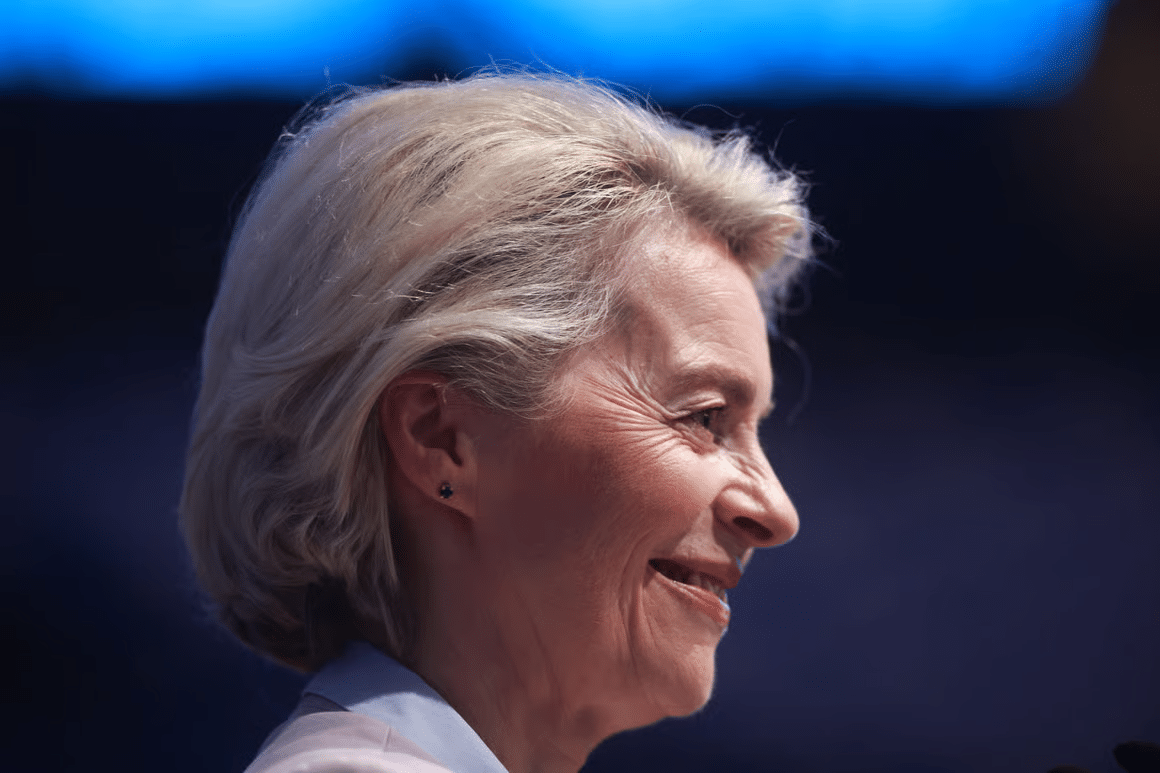
A parliamentary majority may have saved her today, but public trust is slipping away fast.
The motion of censure against the European Commission, initiated by Romanian MEP Gheorghe Piperea (AUR), was resoundingly rejected on Thursday in Strasbourg. With 360 votes against, 175 in favor, and 18 abstentions, Ursula von der Leyen’s leadership remains intact – at least on paper.
But behind the predictable outcome lies a far more uncomfortable truth: the widening gap between EU institutions and the European public, as well as the dangerous normalization of opaque governance at the highest levels.
According to the European Parliament’s own rules, a motion of censure must reach a two-thirds majority to pass – a political Everest that no critical voice can realistically climb in today’s tightly-controlled Brussels ecosystem. The result was never in doubt. But that doesn’t mean the questions raised weren’t legitimate.
The motion’s central accusation? Von der Leyen’s refusal to comply with a judicial ruling to release SMS messages exchanged with Pfizer CEO Albert Bourla, during the secretive negotiations that led to a €35 billion vaccine procurement deal. Messages that remain hidden from the public, despite growing concerns over lack of transparency and potential misuse of public funds.
Instead of addressing these serious concerns, von der Leyen resorted to personal attacks, accusing the motion’s authors of conspiracy theories, populism, and extremism. It was a classic case of shooting the messenger, rather than engaging with the message.
Worse still, the European Parliament – which should function as a democratic watchdog – responded not with curiosity or scrutiny, but with obedience. The majority rallied behind a president accused of defying the very principles she claims to defend: accountability, transparency, and rule of law.
It’s a bitter irony: the same Commission that constantly lectures member states about democratic standards and judicial independence is now ignoring court decisions at the EU level. But there is no infringement procedure against itself, no press conference to explain why fundamental accountability is being denied.
Even more troubling is the silence of Romania’s mainstream MEPs – from the Social Democrats (PSD), the Liberals (PNL), USR and UDMR. Not one of them co-signed the motion. Not one spoke publicly to question von der Leyen’s behavior. Instead, as Piperea noted, they’ve become little more than “no face, no name, no number” apparatchiks in Brussels.
While the censure motion was defeated, it served a purpose: it exposed the growing unease among citizens, not just about the vaccine contracts, but about the wider direction of the EU. The idea that decisions involving tens of billions in public money can be made via private text messages – and kept secret – is not just alarming, it’s unsustainable.
This is not about left or right, nationalist or federalist. It is about whether Europe’s institutions still belong to the people – or to a managerial elite protected by procedure and party discipline.
Ursula von der Leyen may have survived today’s vote. But questions about integrity, transparency, and accountability remain unanswered. And every time an institution designed to defend democracy chooses loyalty over scrutiny, trust erodes a little more.
The Parliament may have clapped. But outside its walls, millions of Europeans are still waiting for the truth. And democracy, no matter how technocratic, cannot afford to ignore them forever.